Product Description
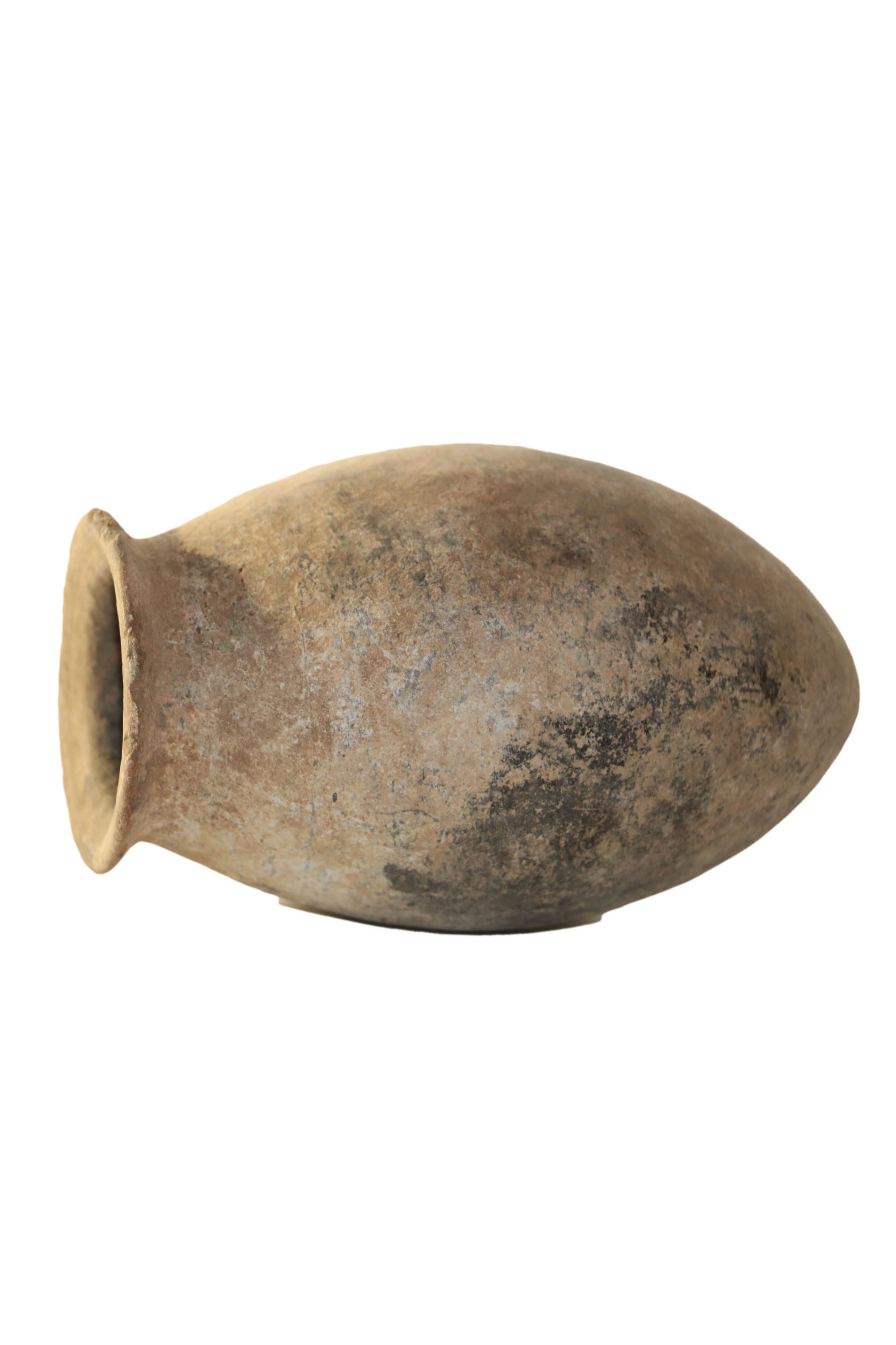

Ancient Djenne Terracotta Vessel – Mali
Djenne light brick red clay terracotta vessel originate from the Djenne-Djenno also known as Jenne-Jeno or Djenne. The terracotta vessels come in different sizes and do not stand on their own on a perfectly flat surface were made to stand on uneven earth / ground. These vessels may have been receptacles for offerings or simply used as a household item. Unique in their simplicity, these ancient specimen are in great condition with some and would be a perfect addition to any collection or a great piece of home decor. These everyday useful objects often unnoticed by most collectors, who have been slow to fully explore and appreciate this symbolic and significant part of Africa’s artistic heritage.
Djenne was once a prospering city which was also once the trade center of this region and it was located at the the Inland Delta of the Niger River which was the heart of the Mali Empire between the 12th and 16th centuries. The Djenne civilization are precursors to the Dogon of Mali.
Made of 100% Terracotta.
Model is W 6 – H 9 and weight 0.1 kg.
Description
Djenné-Djenno art, also Jenne-Jeno; /ˈdʒɛniː dʒʌˌnoʊ/, is famous for its terracotta figurines which depict humans and animal figures including snakes and horses. The Djenne culture is focused upon the historic city of Djenne-Djenno, a UNESCO World Heritage Site located in the Niger River Valley in the country of Mali. It is notable for being the oldest city in Sub-Saharan Africa, and the onetime hub of an enormous trading empire that dominated this area of Africa in the Middle Ages.
The art of the inner delta of the Niger, the region formed by the triangle of the cities of Mopti, Ke Macina, and Djenne, bears witness to an astonishing richness of invention and a lively concern with detail, but declined and was abandoned by 1400. Items of cast brass and forged iron, clay vessels, and figures like this one survived. They testify to what scholars contend was a richly varied and highly sophisticated urban society. The history of Djenné is also closely linked with that of Timbuktu. Between the 18th and 19th centuries, much of the trans-Saharan trade in goods such as salt, gold, and slaves that moved in and out of Timbuktu passed through Djenné. Both towns became centers of Islamic scholarship. However, It was founded by the Bozo (allied with the Bamana) people in about 800 AD and was relocated upstream to take advantage of the Trans-Saharan trade networks.
Additional information
| Weight | 0.1 kg |
|---|---|
| Dimensions | 5 × 9 cm |
Leave a reply Cancel reply
Returns and Exchanges
There are a few important things to keep in mind when returning a product you purchased.You can return unwanted items by post within 7 working days of receipt of your goods.
- You have 14 calendar days to return an item from the date you received it.
- Only items that have been purchased directly from Us.
- Please ensure that the item you are returning is repackaged with all elements.
Ship your item back to Us
Firstly Print and return this Returns Form to:
30 South Park Avenue, San Francisco, CA 94108, USA
Please remember to ensure that the item you are returning is repackaged with all elements.
For more information, view our full Returns and Exchanges information.

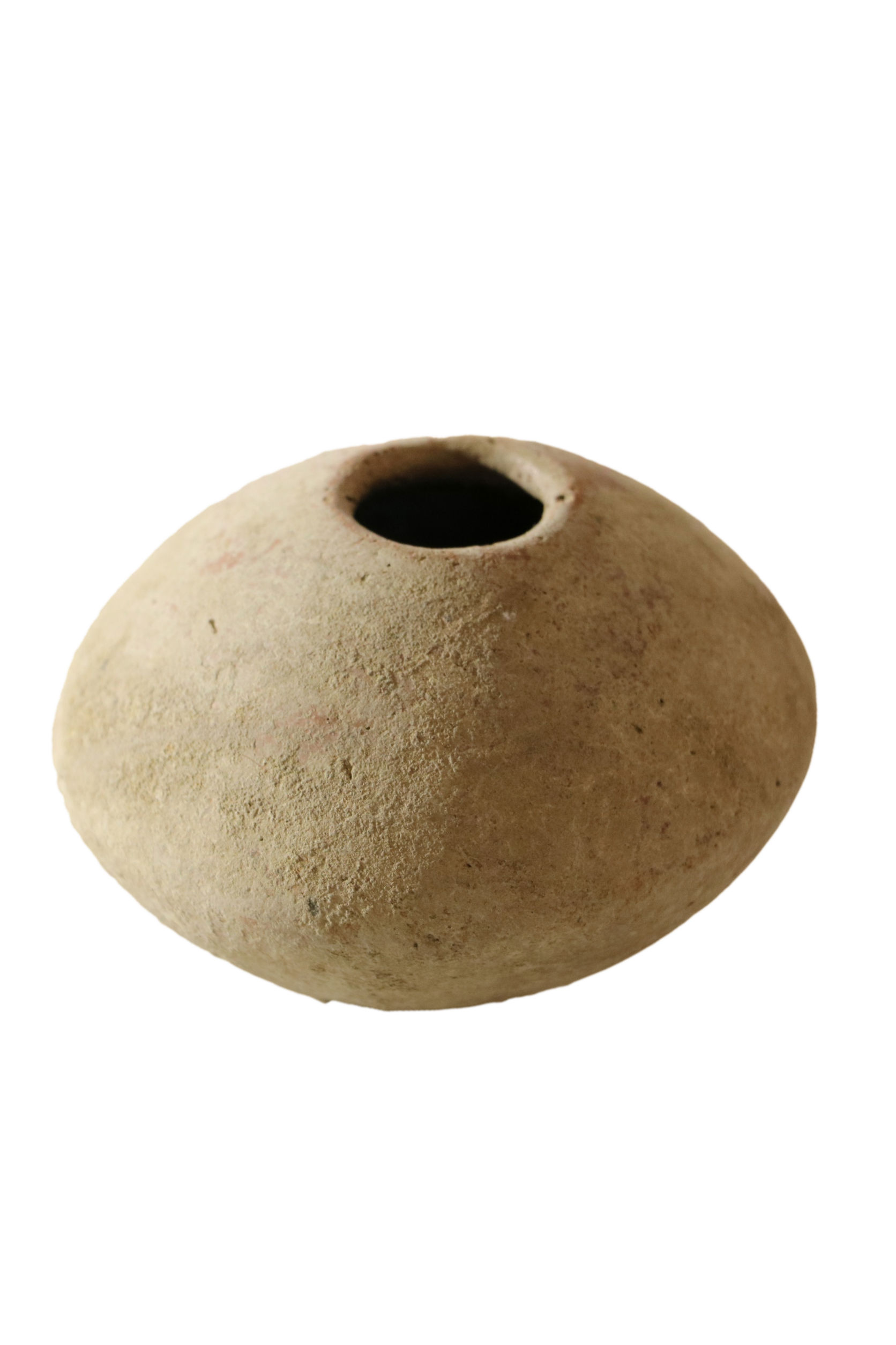
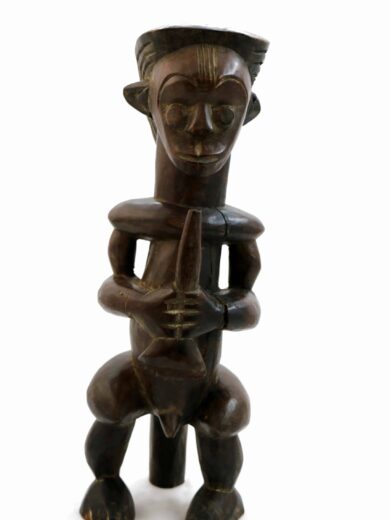
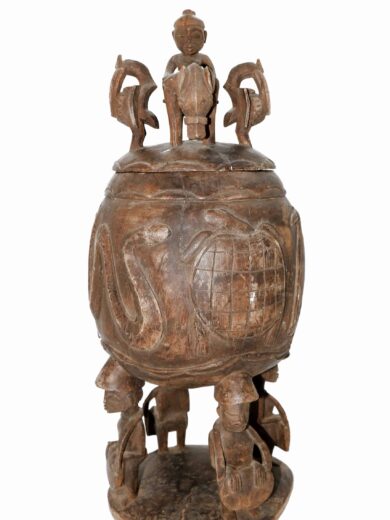
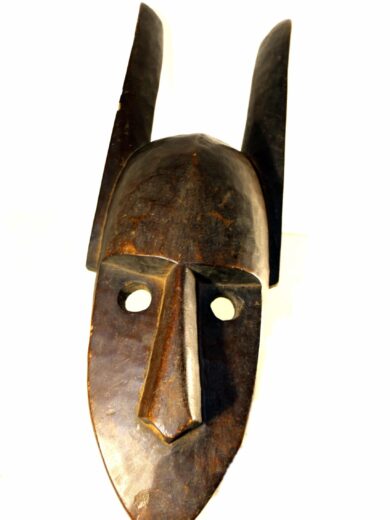
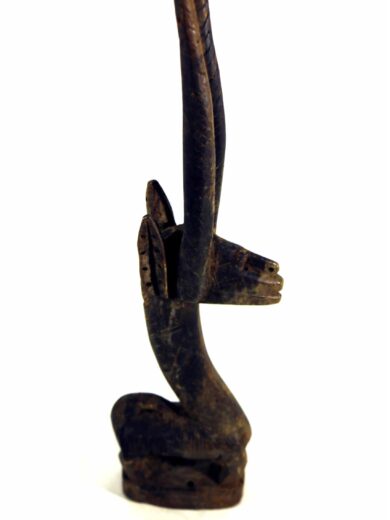
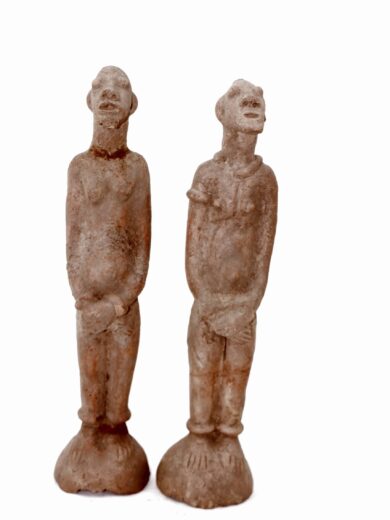
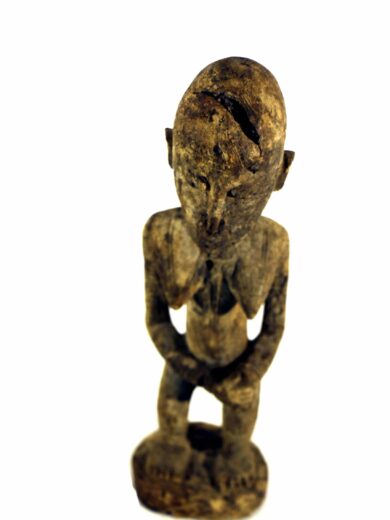
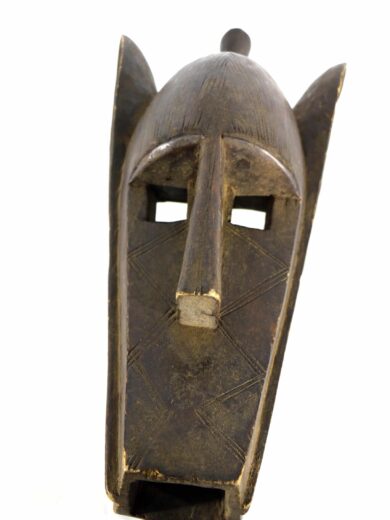
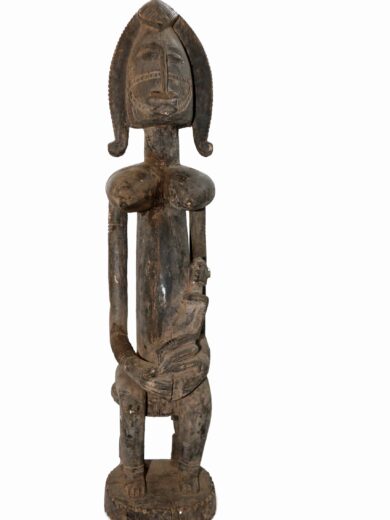
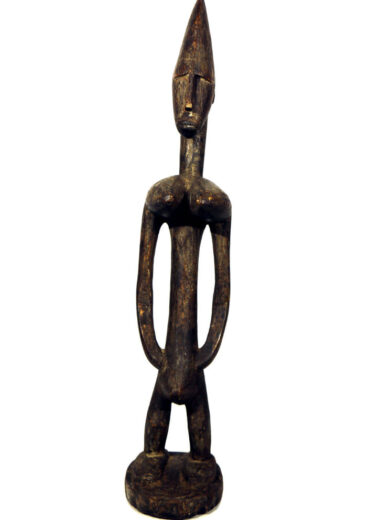
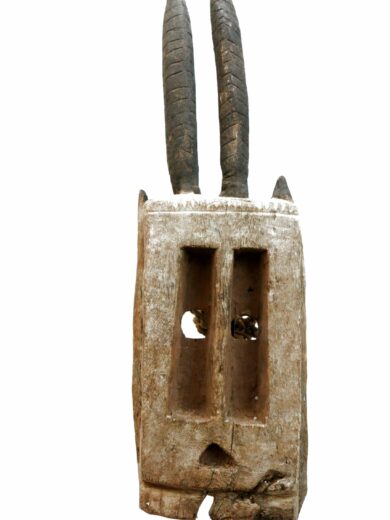
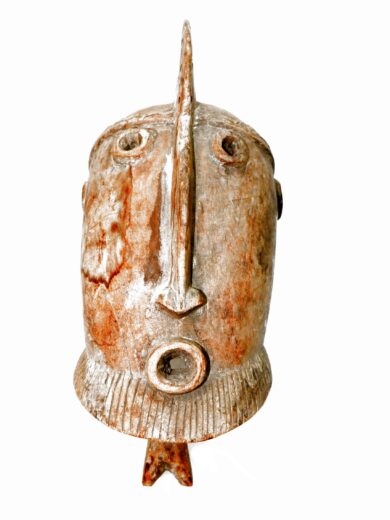
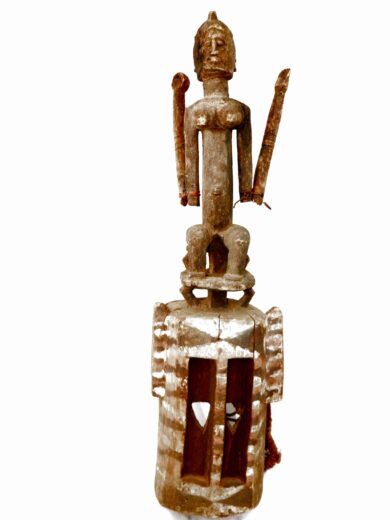
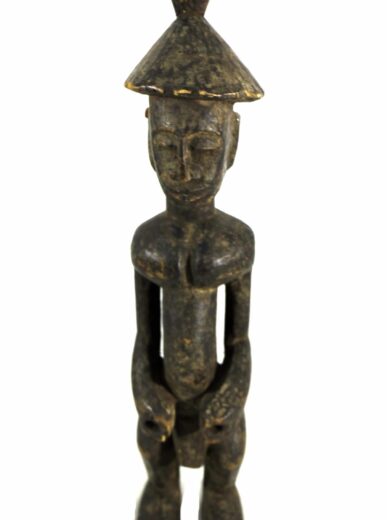
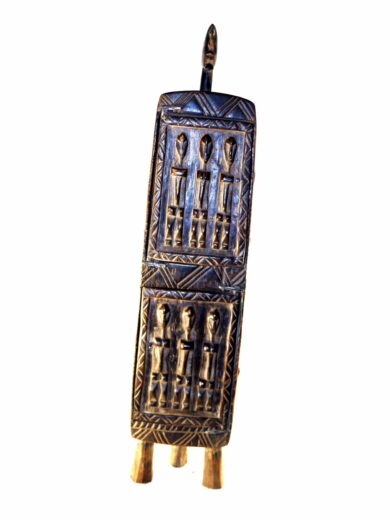
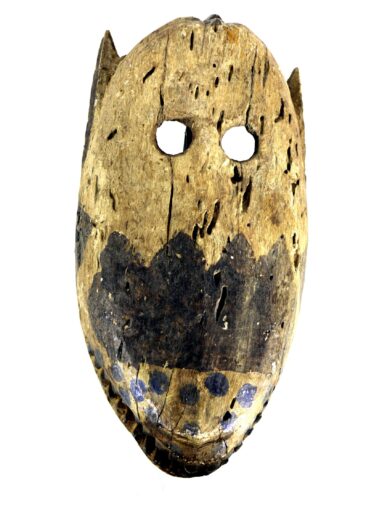
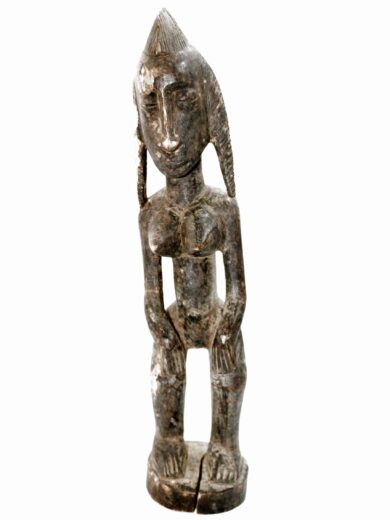
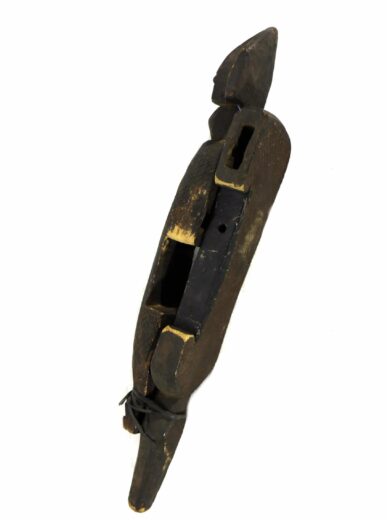
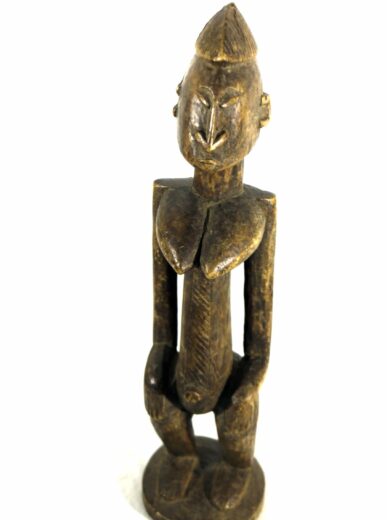
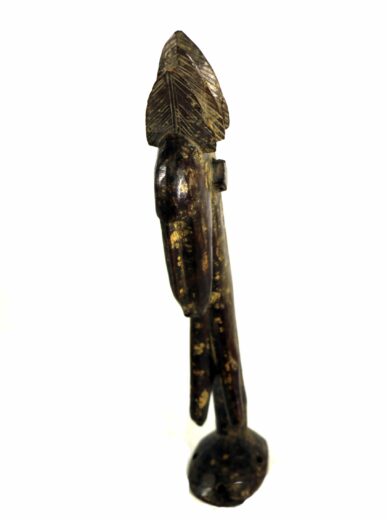
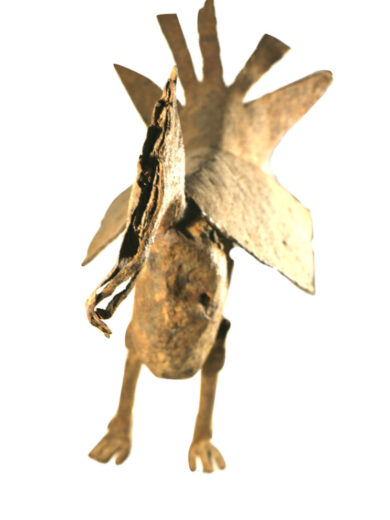
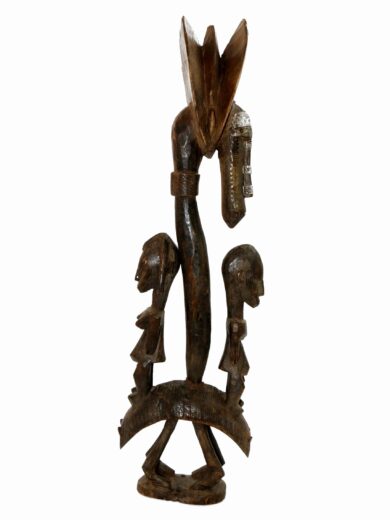
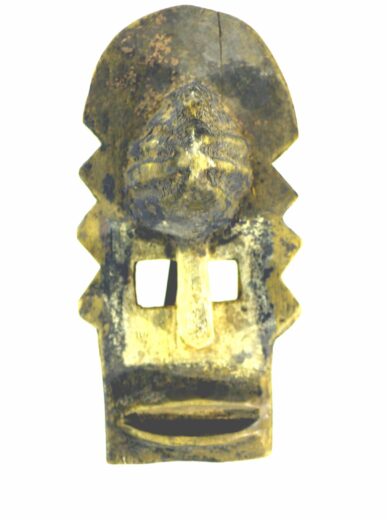
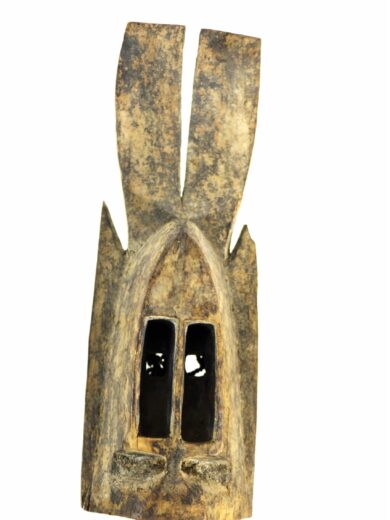
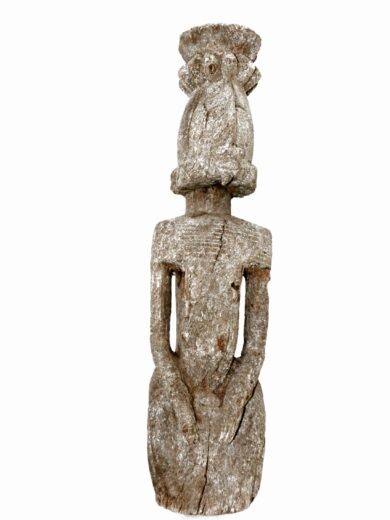
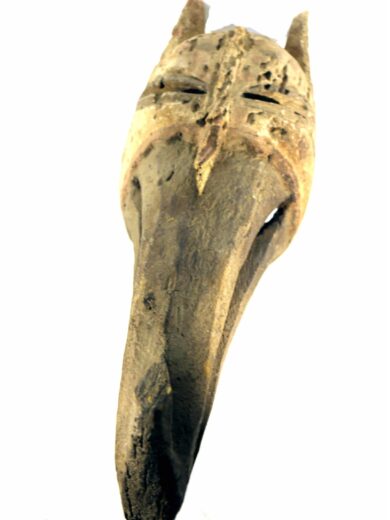
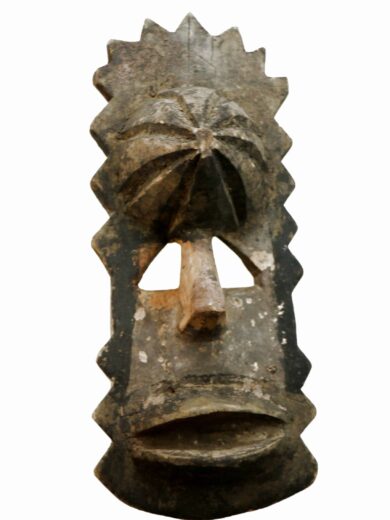
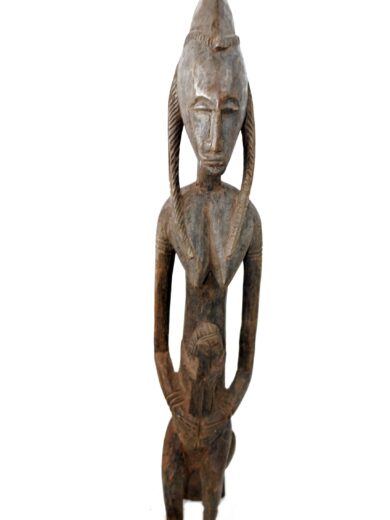
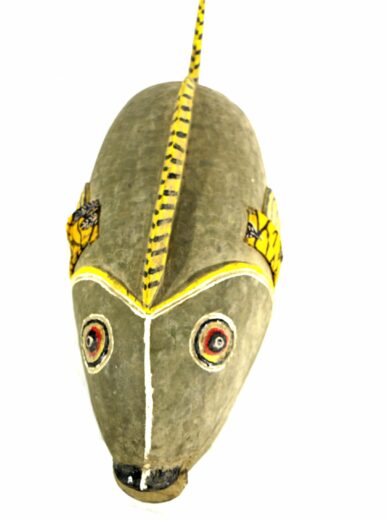
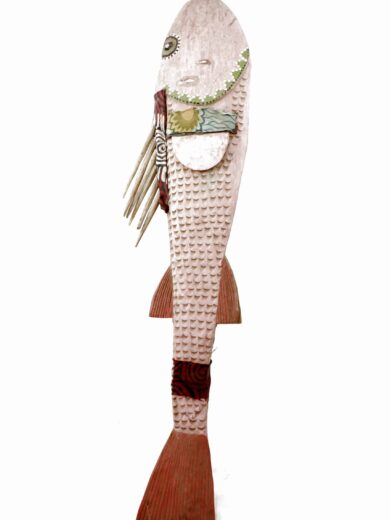
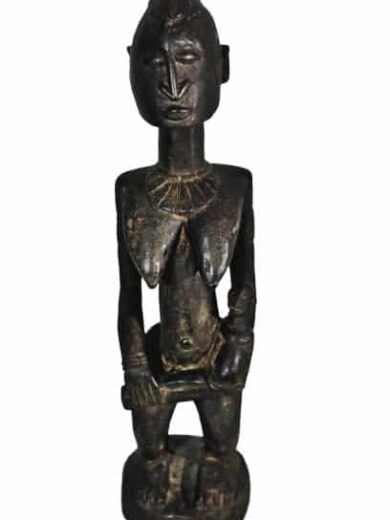
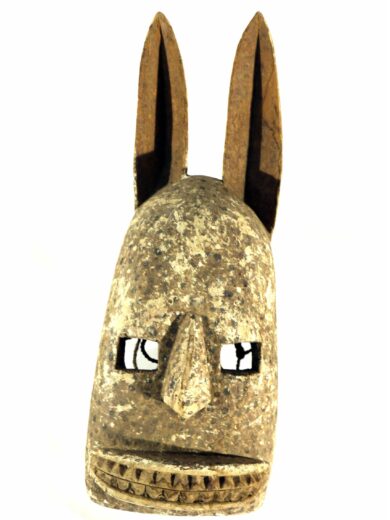
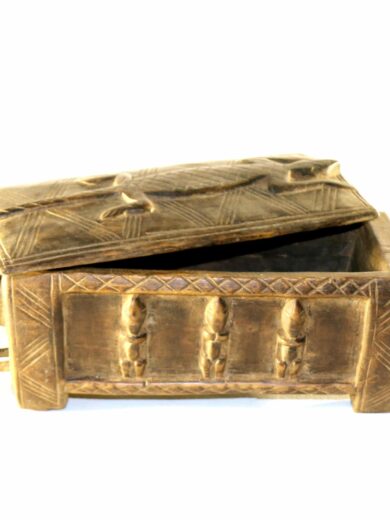
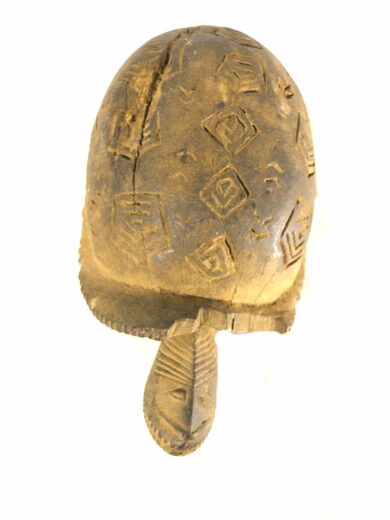
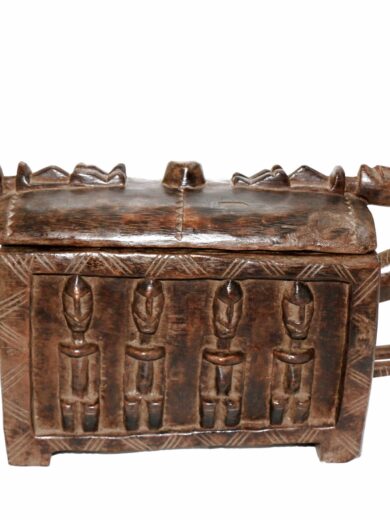
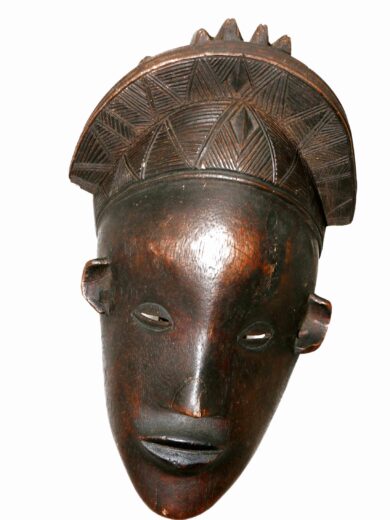
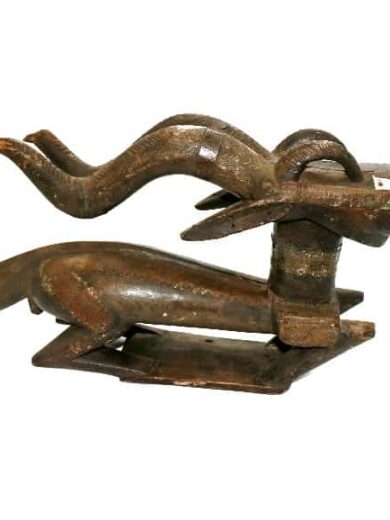
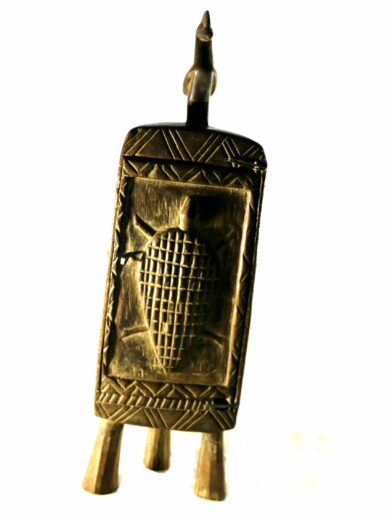
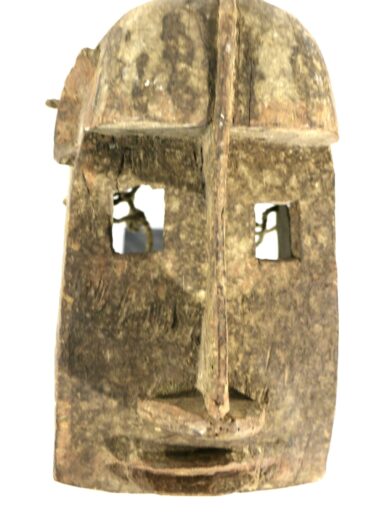
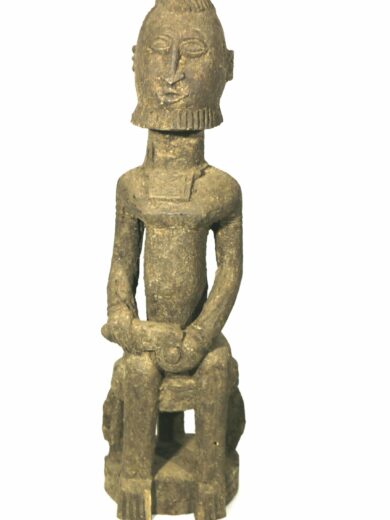
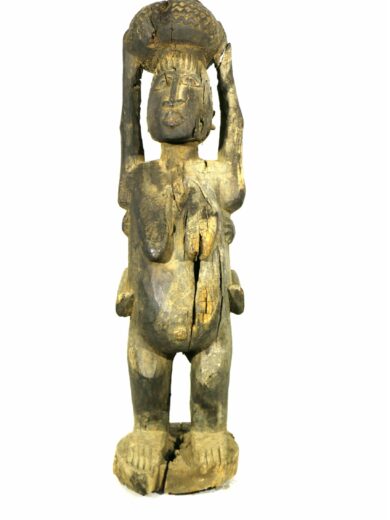
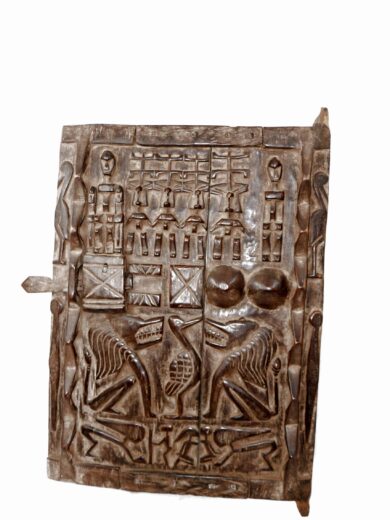
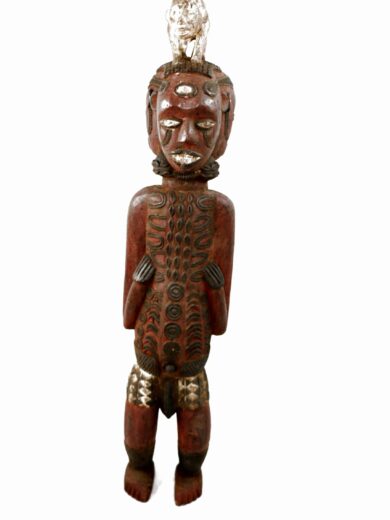
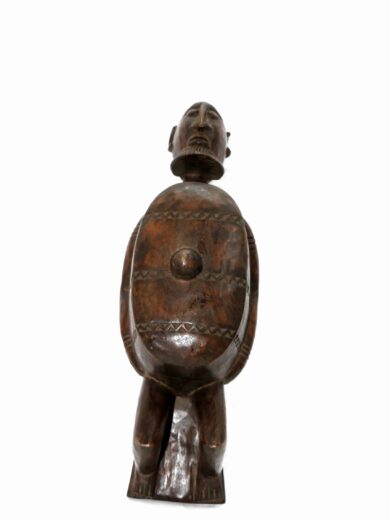
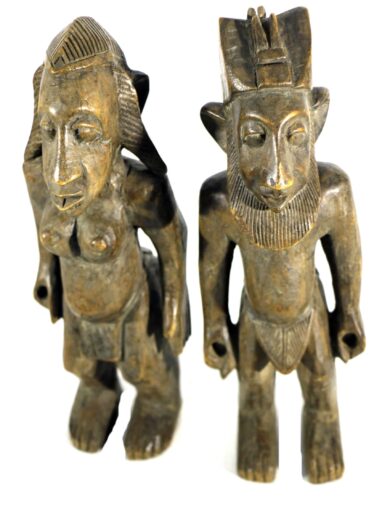
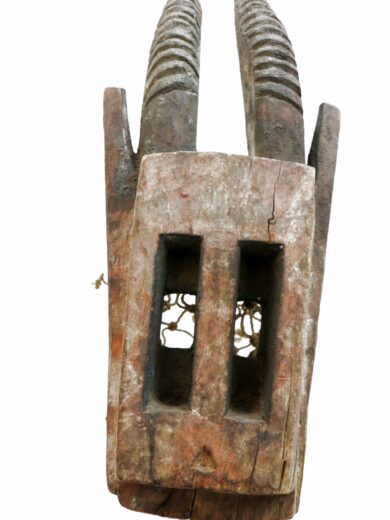
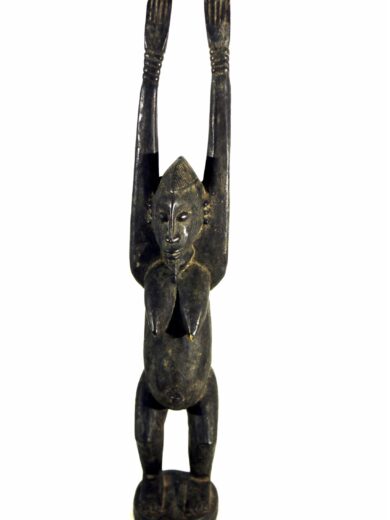
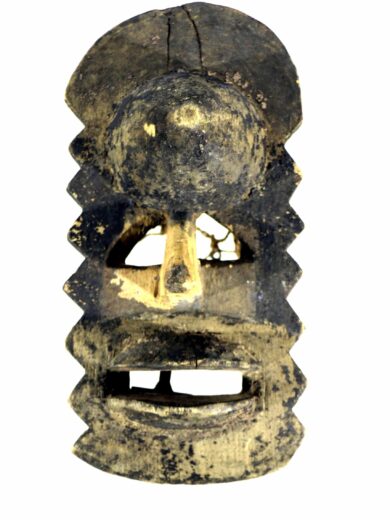
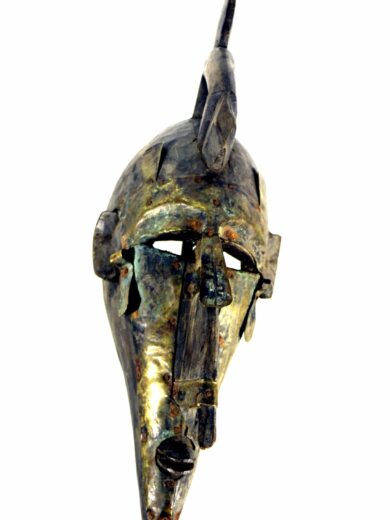
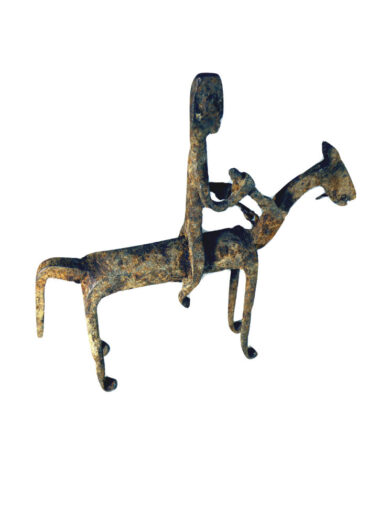
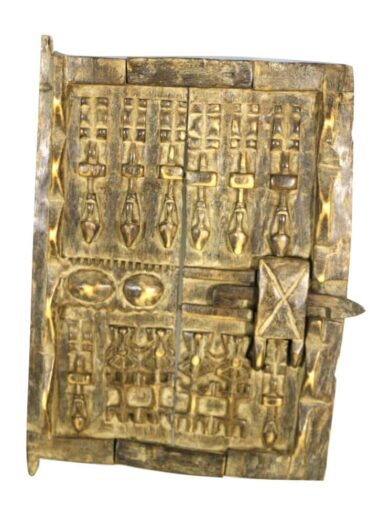

Reviews
There are no reviews yet.